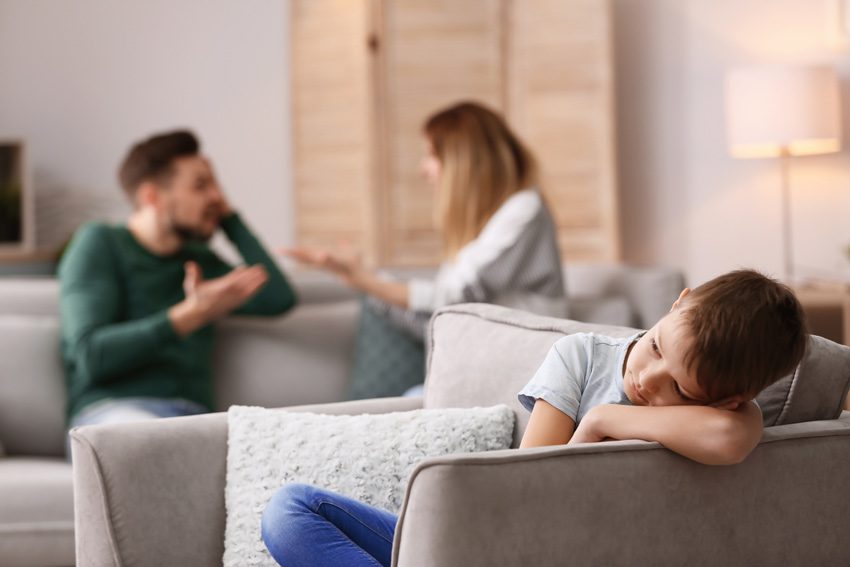Addiction is a family matter.
When a parent has an active addiction to drugs or alcohol, it impacts every member of the family. Children are very observant. They know when their parents are fighting or not speaking to each other. They can pick up on the anxiety in a home where addiction is present. They also can feel how a parent’s illness affects their own wellbeing.
If you are a parent with an addiction and have children living in your home, you need drug and alcohol addiction treatment. Your child may benefit from family therapy, too.
Addiction’s Impact on the Whole Family
The Substance Abuse and Mental Health Administration makes it clear that addiction is a common problem in families. It estimates that between 2009 and 2014, 1 in 10 children lived in homes where at least one of their parents had some type of alcohol use disorder. That accounts for 7.5 million children. During that same time period, 1 in 35 children lived in a home where one of their parents had an illicit drug disorder. This accounts for about 2.1 million children. Chances are good that one or more of the children in your son or daughter’s classroom are also facing these risks.
What Is the Impact of Drug and Alcohol Use in Homes with Children?
How can drinking a few beers a night really hurt your child? You go outside when you do drugs – they never see you do it. How can you be hurting your child? Many parents who use substances believe they are good parents who would never put their child in danger. Yet, children in these homes experience direct effects of substance abuse disorders according to reports. These may include:
- Parental abuse
- Parental neglect
- Fewer household resources, such as food and utilities
Drugs and alcohol also create high stress levels for every member of the family. Arguments, aggression, fear, and anxiety are often present in homes where there is a substance use disorder. This can create anxiety and depression in some children, even those who are very young.
Additionally, the longer the exposure to this type of atmosphere, the more likely it is for a child to develop his or her own problems related at least in part to a parent’s drug or alcohol use. These may include:
- Difficulty focusing at school
- Poor performance at school
- Behavioral problems
- Emotional instability
- Higher risk for abuse, including verbal, physical, and sexual abuse
- Higher risk of low self-esteem
Many times, children grow up not recognizing the consequences of drug and alcohol use because they’ve become accustomed to it, even believing it to be the normal way of life. As a result, they have a higher likelihood of using on their own.
Why Does Family Treatment Matter to These Children?
A person who has an addiction is often struggling to get clean and stay on the right path forward. While it’s a big enough challenge to care for yourself in recovery, including your family in treatment and recovery becomes critical. Two types of treatment are important:
- Individual therapy for the child
Many children will need to have one-on-one help with their own counselors to learn about drug addiction and its consequences. They can also work on addressing emotional and behavioral problems, difficulties with anxiety, and treatment for depression. This may help the child to avoid more long-term repercussions.
- Family therapy with the child
When an addicted parent and his or her child come to therapy together, it’s a powerful statement to the child. Children will learn more about what is happening to their parent–and also learn that the parent’s addiction is not their (the child’s) fault. Children will learn how to communicate, set boundaries, and express their concerns properly. Family therapy can help heal wounds and build opportunities for moving forward.
Both forms of therapy may be beneficial to a child living in a home with addiction. If you are facing addiction in your family, reach out to us for help. Our addiction counseling services in Marietta, GA will teach you how to begin to rebuild your family and work through these very challenging situations.
You need addiction recovery and treatment for yourself. Do it for yourself while also helping your child get the counseling and support he or she needs to have an exceptional quality of life now and in the future. Support is available to help you to make this possible for your family.

